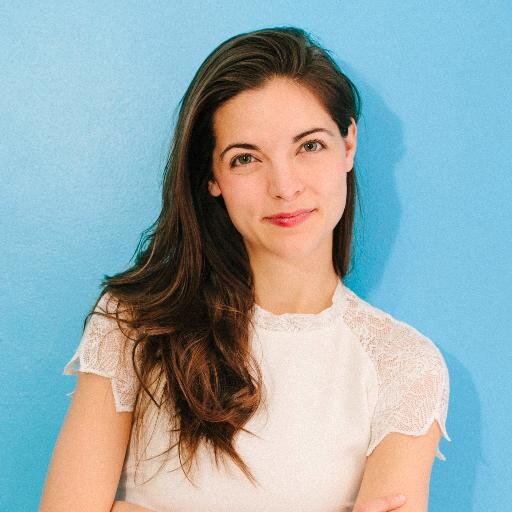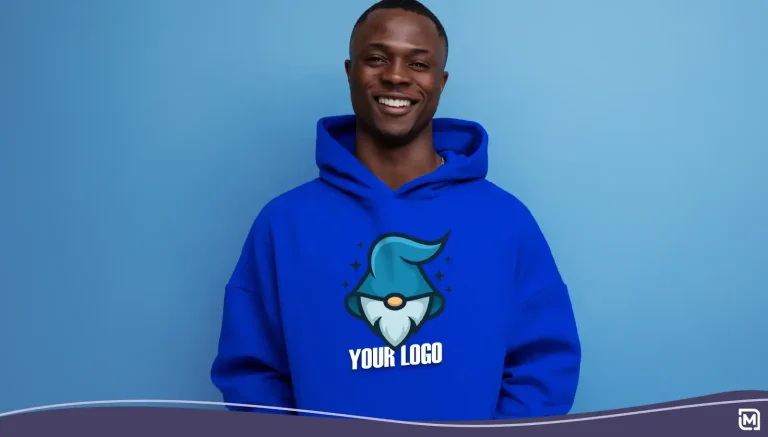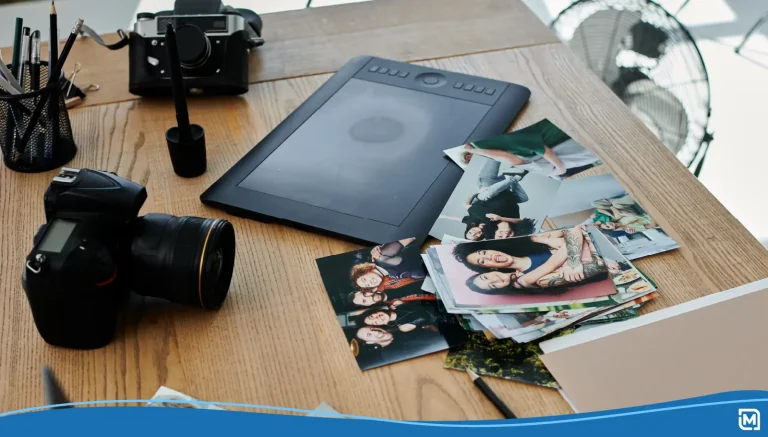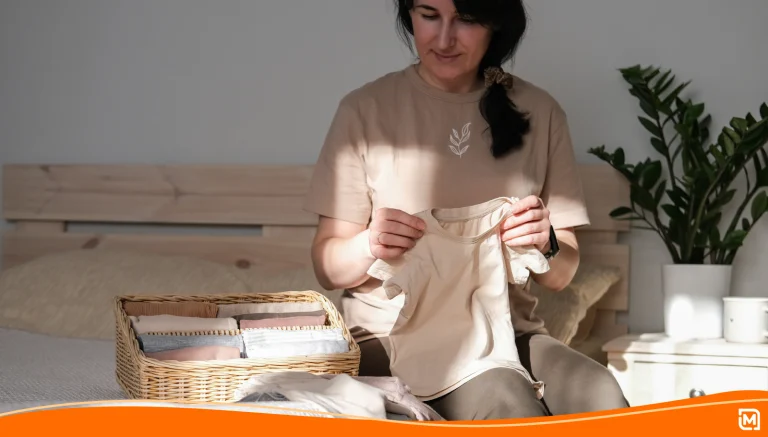
Like many entrepreneurs, Kathryn Minshew’s first attempt at starting a company ended in failure—not because the idea (a networking site called Pretty Young Professionals) wasn’t good, but because the founders disagreed on how to run the company. But she didn’t give up.
In 2011, she co-founded a new startup, called The Daily Muse (later shortened to The Muse) with $2,710 in funding from Indiegogo. Her new small business caught the attention of The Huffington Post and TechCrunch and had more site visits in its first month than PYP had in its very best month. Due in part to its success, much of the staff of PYP jumped ship to join her.
The company was accepted into Y Combinator, Paul Graham’s seed fund/accelerator where the company got money, advice, and even more attention. They haven’t looked back since. Today The Muse has well over three and a half million monthly users and is growing fast.
Before starting The Muse, Ms. Minshew was involved with the Clinton Health Access Initiative (bringing vaccines to Rwanda and Malawi) and was a management consultant an McKinsey.
Throughout her career, Ms. Minshew has spoken on university campuses, has been interviewed by business magazines and has presented at conferences. She’s been named to Forbes’ 30 Under 30 in Media and Inc magazine’s 15 Women to Watch in Tech. And The Muse was one of The Wall Street Journal‘s Startups of the Year in 2013. So it’s no surprise she’s had a lot to say about entrepreneurialism, startups and success. Here are a few things she’s said that we think other small business owners will be inspired by:
“Thinking big is only one part of being a successful entrepreneur.”
“Starting a business isn’t for everyone, and it’s not what you should do if you aren’t sure what else to do. It requires thick skin and the willingness to carry a great deal of stress, sometimes alone. It’s more often a life of failure than a life of success, and the majority of successes came after a long road of disappointment, and often shame.”
“Ultimately to get a sense of whether your idea is really going to be a fit in the broader market, you’ve got to get in front of people who don’t know you, who don’t like you, and ideally people who have no reason at all to be nice to you.”
“An ugly baby is better than no baby at all. If you wait and wait and wait for your product to be perfect before you release it out into the world, you will often never get there. I am a big supporter of the minimum viable product and taking something that is the simplest explanation of your idea and putting it into the marketplace so you can start to get feedback.”
“Someone once told me, ‘No doesn’t mean no; it means wait and try again.’ I think a perspective like that is critical in entrepreneurship, because you hear ‘no’ hundreds of times per day in the beginning. But ultimately, that can be your biggest opportunity: many of our most passionate backers at The Muse are people who told us no, in various ways, in the early days, and then came around.”
“Launching a start-up, you need to get a lot done quickly. Every day is different. Everyone pitches in with everything. It’s easy for the founding team to say, ‘We’re flexible. We all help out with everything!’ But when it comes to making decisions—that flexibility can spell inefficiency and disaster.”
“I like to feel very productive. I like to get a lot done. And it was very easy for me to wake up every morning and look at my inbox and just start going down the list and I could easily spend hours answering email, maybe taking meetings with people, and feel like I had a very productive day. But if I wasn’t accomplishing the things that moved us toward our most important [goals], then I hadn’t really accomplished anything at all.”
“When we were first starting The Muse and getting it off the ground, I pitched 150 investors in a row, of which 148 said ‘no’, and two said ‘yes’. It was not fun. People asked how did you not give up after the ninty-fifth person said ‘I don’t think this is a good idea, I’m not going to back you’? And the answer is that we were tracking things, we were watching the numbers, we were talking to users and that gave us the confidence to push forward and believe in the product.”
“You know, as most entrepreneurs do, that a company is only as good as its people. The hard part is actually building the team that will embody your company’s culture and propel you forward.”
“My best life hack is my co-founder Alex. She’s brilliant at all things productivity, and our friendship/professional relationship has taught me more than any other single source about how to be more efficient. So I guess my best tip would be to find an amazing cofounder.”
“People often feel like: ‘If I build it, they will come.’ Great line from a movie. Not so helpful in practice with startups. For the most part, if you build it, they won’t come. Unless you can figure out a way to get people to learn about your product in the first place, and then share it with others, it’s really hard to start the engine of customer acquisition.”
“When you start a new company, you have to do it all. Yes, all of it.”
—Kathryn Minshew, Founder of The Muse



